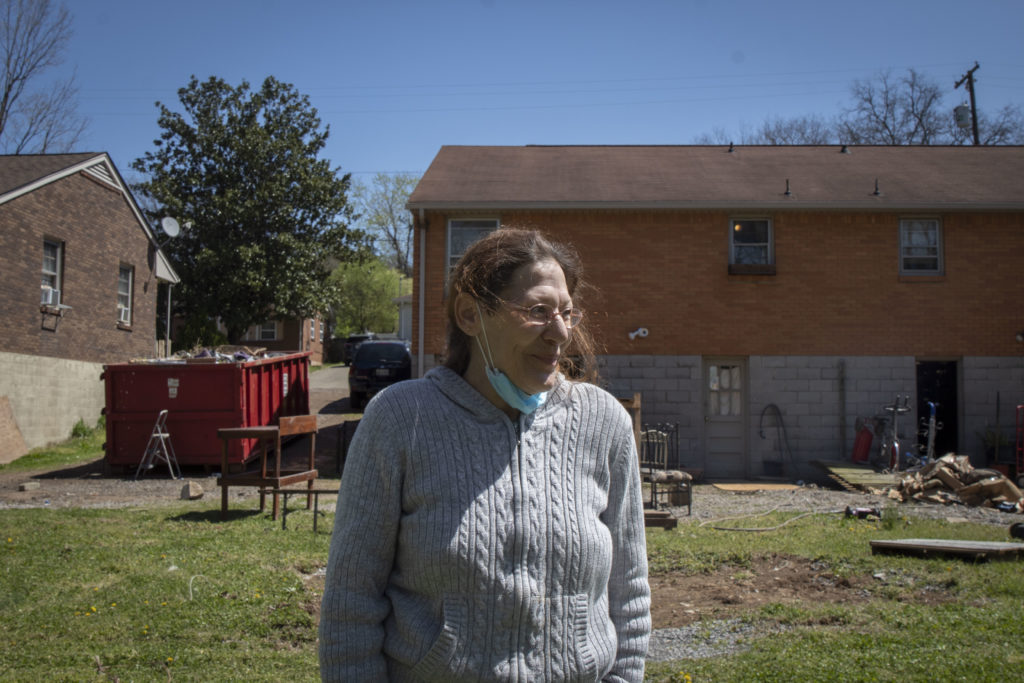
Tennessee officials are still assessing the damage of last month’s floods throughout the state.
In Nashville, the damage looks likely to meet the threshold to get help from FEMA. At this point, it’s unclear how that will help residents.
One way residents that rent can protect themselves is purchasing renter’s insurance.
“Renter’s insurance is pretty much the single most important thing,” Legal Aid lawyer Kerry Dietz says. “I think a lot of renters don’t know that they need to have renter’s insurance.”
She says that’s because some people assume their landlord’s insurance will protect them but it covers only the property, not the tenant’s personal possessions. A 2015 survey finds six in 10 Americans who rent don’t have renter’s insurance.
Even if those who weren’t impacted by recent natural disasters should review their rental policies to see what all it covers.
Rental insurance couldn’t replace the sentimental value of what South Nashville resident Katy Green lost, like a vinyl collection and homemade Christmas decorations. But it could help with house appliances she recently had to repurchase, like the washer and dryer.
Around 11:30 p.m. on March 28, she warned her boyfriend that the creek in their backyard was rising above the bank. He didn’t believe her.
“ ‘Oh, no, it’s fine. It’s not coming out of the banks.’ He’s like that,” she explains.
When Green’s boyfriend went outside to give her car a jumpstart, the lightning and rain caused him to pause. So he went to his next task of moving the SUV to the front of the yard, while Green stayed in the house packing up all their valuables, including paperwork for the dog and any jewelry they could sell in case they became homeless.
This isn’t their first time evacuating this home because of a flood. They’ve lived in this home for over 19 years and survived the 2010 flood.
They say this one was worse.
 Ambriehl Crutchfield WPLN News
Ambriehl Crutchfield WPLN NewsSeven Mile Creek, behind the Walmart on Harding Place, flooded quickly during storms last month.
Two floods, different response
Green says it took the city nearly a week to reach out this time, but in 2010 FEMA workers were out immediately. Despite Green just having a back surgery in December, she instantly got to work cleaning up.
“It’s maddening, it’s disgusting,” she says. “I mean, the whole city didn’t get flooded, but everything here all the way down (Seven) Mile Creek, all of it. Gone and nobody cares.”
Right now their only income is their Social Security checks.
“It prevents us from doing any bouncing back right now,” Green says. “So far below the poverty level, I make $680 on Social Security. I’ve got about $380 worth of bills.” Green and her boyfriend aren’t considering moving since they can’t afford most options within the city.
Green’s landlord has been helpful by quickly replacing damaged hot water heaters and fuse boxes, but not all residents are so lucky.
Under Tennessee law, the landlord or tenant can opt to break the lease if the damage from an event is so substantial that a person can’t live there while repairs are being made. That can put tenants in a tough situation since they would quickly have to find a new place to live.
“It definitely can trigger an eviction,” Dietz says. “So, if someone doesn’t have anywhere to stay and refuses to vacate when the landlord asks them to, that’s when the landlord might follow up by filing an eviction in court.”

